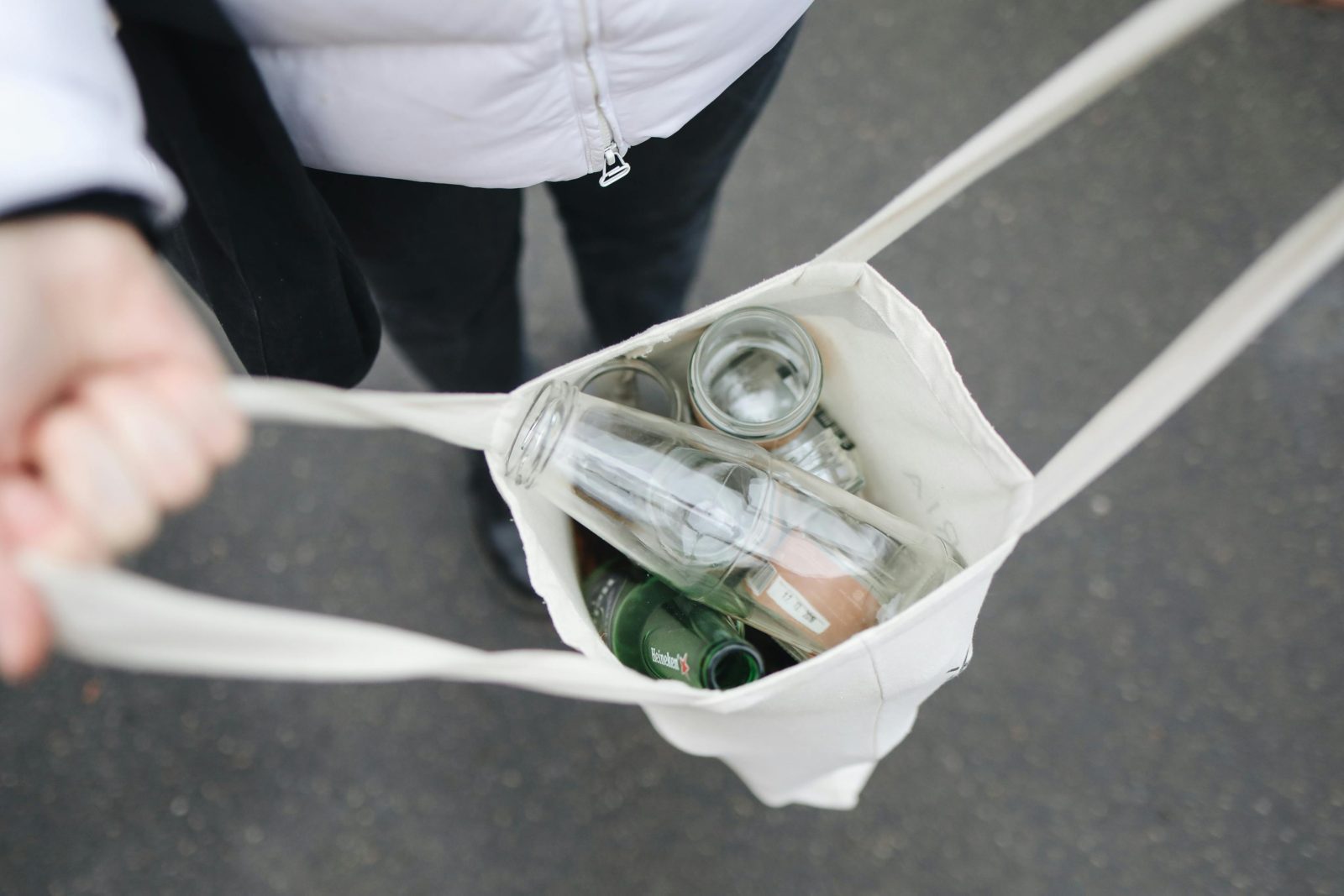The Czech Republic is set to revolutionize its approach to textile waste management. Municipalities must implement separate textile collection systems starting next year, marking a significant step towards sustainable fashion practices.
Czech households generate an astonishing 120,000 tons of textile waste annually. Much of this is in black bins, rendering it unsuitable for further processing due to contamination. The new mandate aims to establish a more efficient recycling process to address this issue.
In addition to the collection system, a recycling fee will be introduced for each piece of clothing purchased. This fee, expected to be in the range of a few Czech crowns per item, will be implemented as part of an extended producer responsibility scheme. The system is anticipated to be fully operational by 2027, following European-level discussions set to conclude in 2025.
Veronika Krejčí, spokesperson for the Ministry of Environment, outlined various collection options including container-based collection, collection yards, and bag collection. The collected textiles will be sorted based on their potential use, from reusable clothing to materials suitable for recycling.
The initiative reflects growing environmental concerns in the textile industry. Andrea Veselá, an analyst at the Institute of Circular Economy, highlighted the significant environmental impact of clothing production. For instance, producing a single cotton T-shirt requires an estimated 2,700 litres of water – enough to meet one person’s drinking needs for two and a half years.
This new approach to textile waste management in the Czech Republic represents a crucial step towards a more sustainable fashion industry, encouraging both consumers and producers to reconsider their relationship with clothing.





